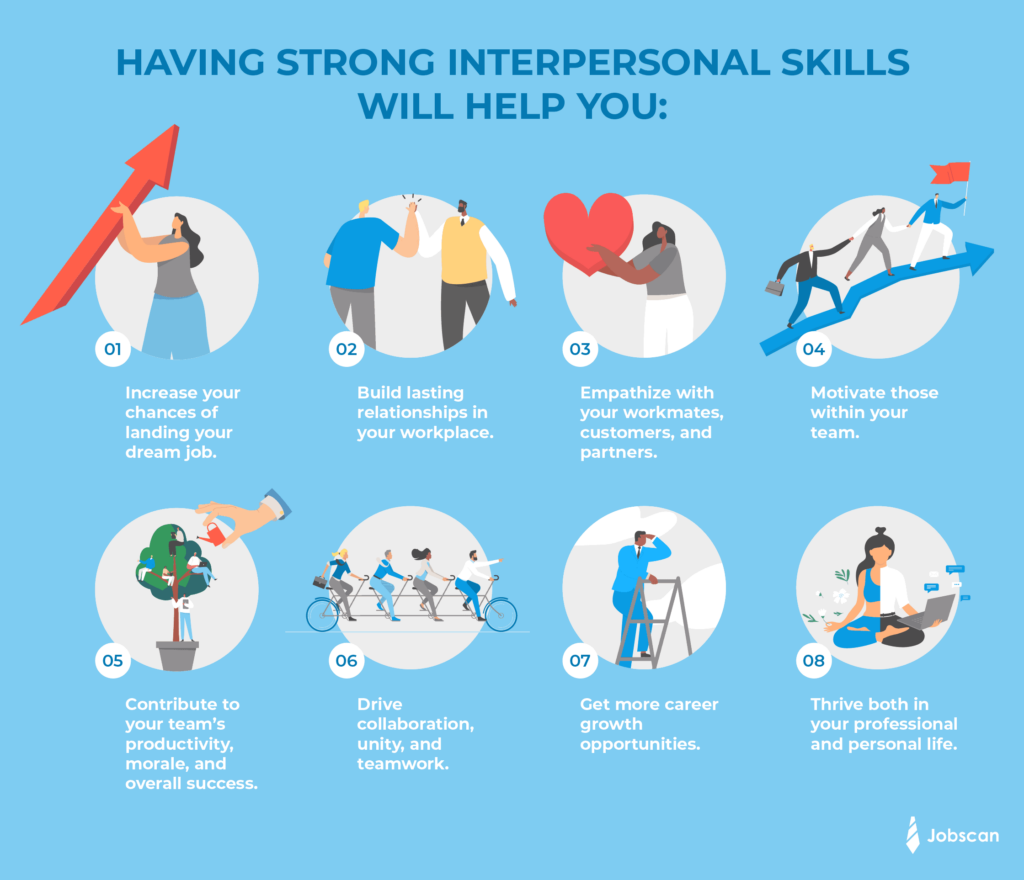Have you ever been in a situation where you felt misunderstood or disconnected from the person you were communicating with? I know I have. In our fast-paced world filled with digital interactions and limited face-to-face encounters, it’s becoming increasingly important to focus on our interpersonal communication skills. Building strong bonds through effective communication not only helps us navigate our personal relationships but also enhances our professional success. In this blog post, I want to share with you some personal experiences and insights on how to develop and maintain healthy interpersonal connections.
Growing up, I was a shy and introverted individual. I found it challenging to express my emotions and thoughts to others, which often left me feeling isolated. It wasn’t until I attended a college workshop on interpersonal communication that I realized the power of effective communication in building strong bonds. Through the workshop, I learned practical strategies and techniques that helped me overcome my inhibitions and connect more deeply with the people in my life.
One of the most important lessons I learned was the significance of active listening. It’s not just about hearing the words someone is saying, but truly understanding and empathizing with their message. Active listening involves paying attention to both verbal and non-verbal cues, such as facial expressions and body language, to gain a deeper understanding of what the person is trying to communicate. By actively listening, we demonstrate respect and validation to the speaker, creating a safe space for them to open up and share their thoughts and feelings.
In addition to active listening, being mindful of our own communication style is crucial in building strong bonds. Each of us has a unique way of expressing ourselves, and being aware of our communication strengths and weaknesses can help us tailor our message to the listener. For example, if we tend to be more direct and assertive in our communication, we might need to consider dialing it back in order to create a more comfortable environment for someone who prefers a softer approach. Understanding and adapting to the communication preferences of others is essential for effective interpersonal interactions.
Another valuable skill I learned along the way is conflict resolution. Disagreements and conflicts are inevitable in any relationship, but how we handle them can make all the difference in maintaining a strong bond. Instead of avoiding conflicts or resorting to aggressive tactics, I learned to approach them with empathy and a willingness to find a mutually beneficial solution. Actively seeking to understand the other person’s perspective and collaborating to find common ground not only resolves conflicts but also strengthens the relationship.
Technology has undoubtedly revolutionized the way we communicate, but it has also created its own set of challenges. As we spend more time interacting through screens, it’s essential to remember the importance of face-to-face communication. Meeting someone in person allows us to pick up on subtle cues, such as tone of voice and body language, that are often lost in digital exchanges. Making an effort to have meaningful, in-person conversations cultivates a deeper level of connection that can’t be replicated through technology.
Furthermore, it’s essential to recognize the impact of non-verbal communication on our interpersonal bonds. Our body language, facial expressions, and even the way we dress can significantly affect how others perceive us and the message we convey. Maintaining eye contact, offering a warm smile, and using open and inviting body language can instantly create a sense of trust and openness. Paying attention to these non-verbal cues can greatly enhance the effectiveness of our communication and strengthen our relationships.
In conclusion, developing strong interpersonal communication skills is essential for building and maintaining healthy bonds with the people in our lives. By actively listening, being mindful of our communication style, practicing conflict resolution, prioritizing face-to-face interaction, and being aware of non-verbal cues, we can create a foundation of trust and understanding in our relationships. As I continue to refine my own communication skills, I am continually reminded of the profound impact they have on my connections with others. Investing time and effort into improving our interpersonal communication skills not only benefits us personally but also contributes to a more harmonious and fulfilling life.
